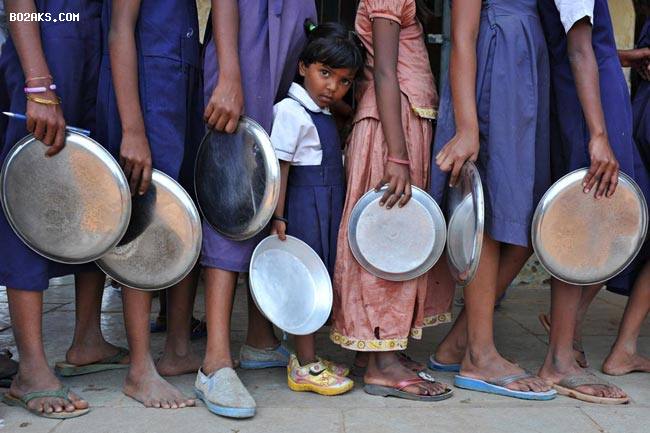
Once you get these two numbers, for each of the corrupt minister estimate percentage of people who are poor. Then do a simple mathematical average of these percentages and that is your estimate of percentage poverty in India. Note that the accuracy of these estimates depend on how non-corrupt the minister is. For e.g. if minister is 100 percent corrupt, the estimated percentage of poverty would be anywhere from 0 to 100. If he is 0 percent corrupt, the estimate would be 28 percent because that is the truth.
Once the percentage poverty is established, every year collect this data. Based on 10 years data, you can do a trend line using the LALLU Estimator (Locally Asymptotic Linear Lysophic Unbiased Estimator). This estimator has nice properties. It is un-corrupted, pleasant, always smiling, fantastic communication skills and can be found in the SAS BAHU (Best at handling ugliness) software, which is the next generation SAS.
Based on this data, the current poverty limit in India is at – 73 percent.
On a similar note and using methodology as sound as given above, Chandan Mitra asked Amartya Sen to return the Bharat Ratna.
About the Author: Ashwini Mathur is a resident of Hyderabad. In the past he has worked at GSK Pharmaceuticals as a Senior General Manager and at Novartis after that. He has a Master’s degree in Mathematics from IIT Delhi, a PhD in bio-statistics from University and College Berkeley, California and an executive MBA from IIM Bangalore.

Be the first to comment